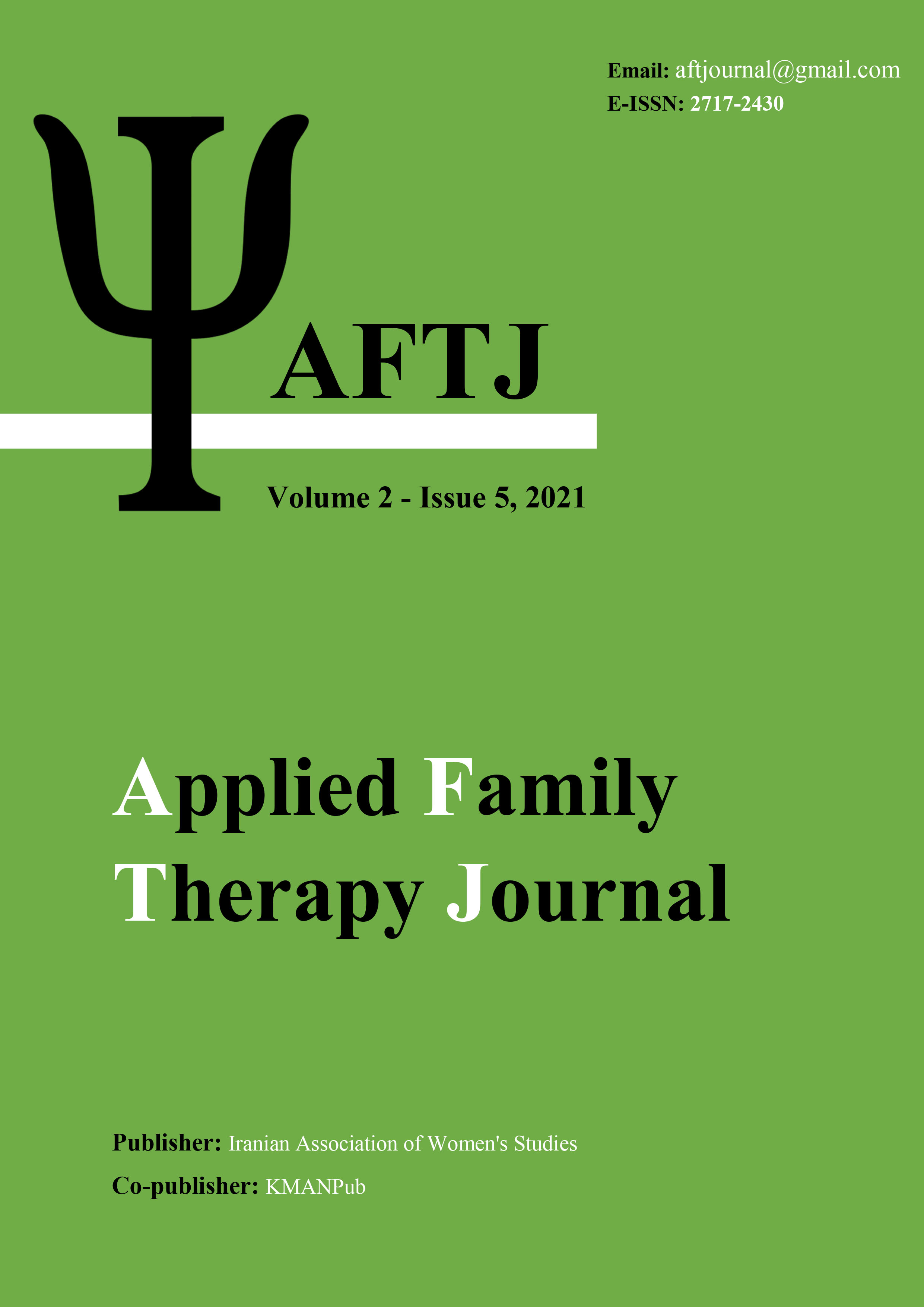The Relationship between Sleeping Disorders and Posttraumatic Stress Disorder Syndrome with Corona Anxiety: the Intermediary Role of Health Anxiety
Keywords:
Corona anxiety, sleeping disorders, posttraumatic stress, health anxietyAbstract
Aim: the objective of this research is determining the relationship between sleeping disorders and posttraumatic stress syndrome with Corona Anxiety considering the intermediary role of health anxiety in treatment cadre. Methods: in terms of the study objectives, this paper is an applied research with descriptive design of correlation type. The study population included the treatment cadre, physicians and nurses (n=720), working in the hospitals in the east of Gilan Province. Using convenience method and Morgan’s table, 250 individuals were selected. The study instrument was Corona Virus anxiety scale invented by Alipour et al (2020), sleeping disorders inventory constructed by Petersburg et al (1989), health anxiety questionnaire made by Salkovskis and Warwick (2002) and posttraumatic stress disorder inventory designed by Weathers et al (1993). The data were analyzed using SPSS software and Smart PLS software. Results: the results indicated that there is a positive and significant relationship between sleeping disorders and Corona anxiety (r=0.403), between post-acident stress disorder syndrome (r=0.389) and health anxiety (r=0.503) (P<0.001). Moreover, a positive and significant relationship was evidenced between health anxiety and sleeping disorders (r=0.559) and posttraumatic stress disorder syndrome (r=0.278) (P<0.001). Conclusion: the present study’s findings well-indicated that health anxiety plays a more accentuated role than sleeping disorders in predicting the posttraumatic stress disorder.
Downloads
Downloads
Published
Issue
Section
License

This work is licensed under a Creative Commons Attribution-NonCommercial 4.0 International License.





















